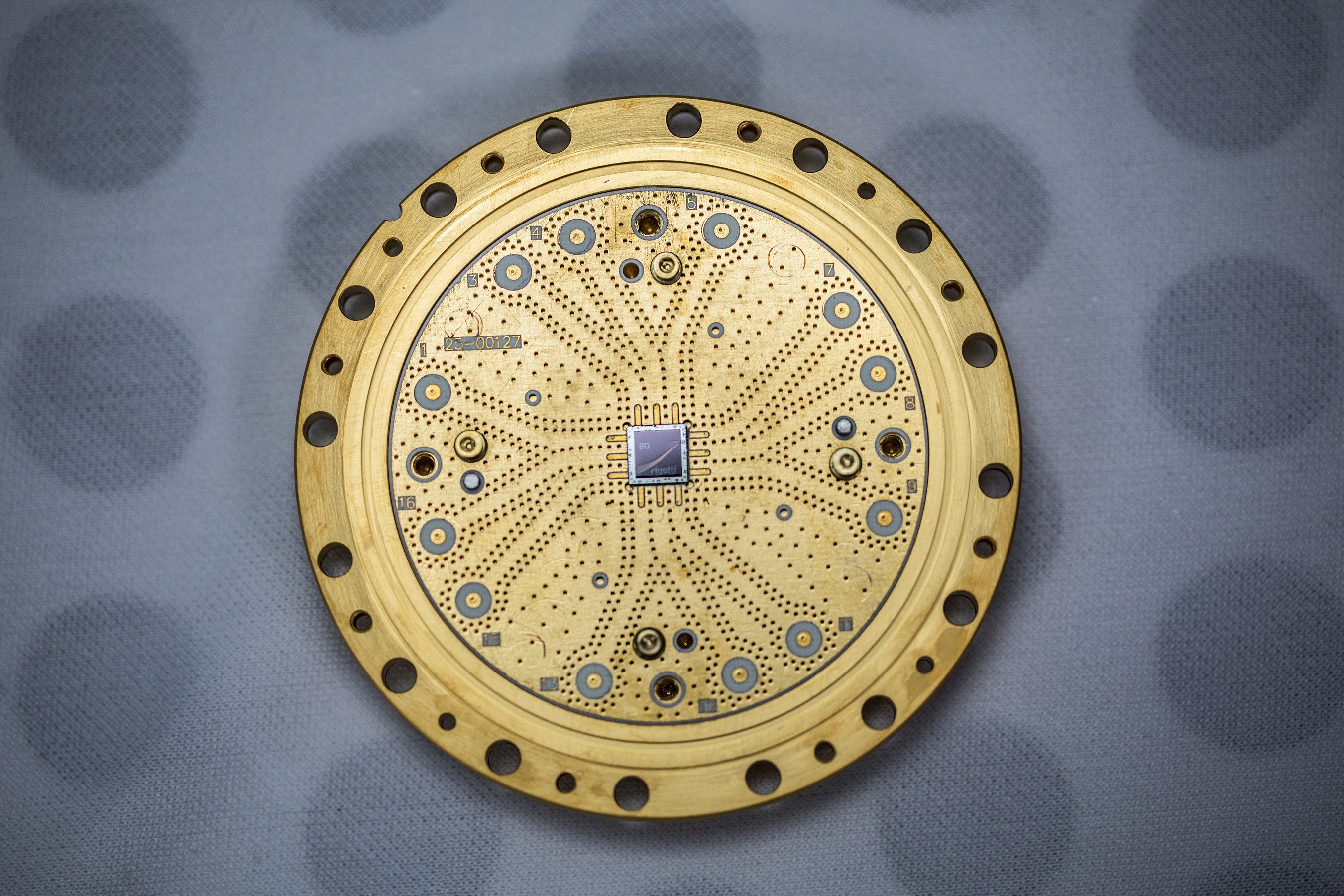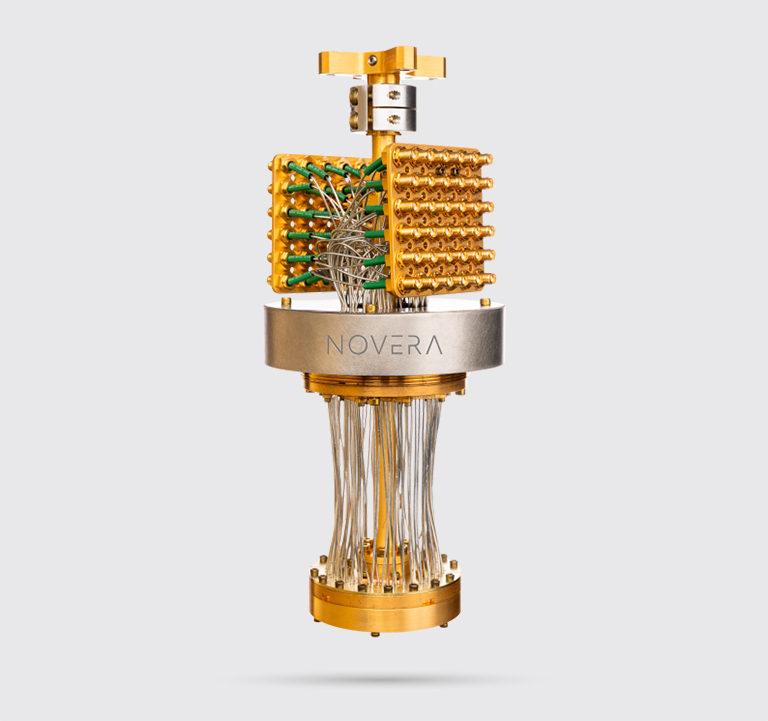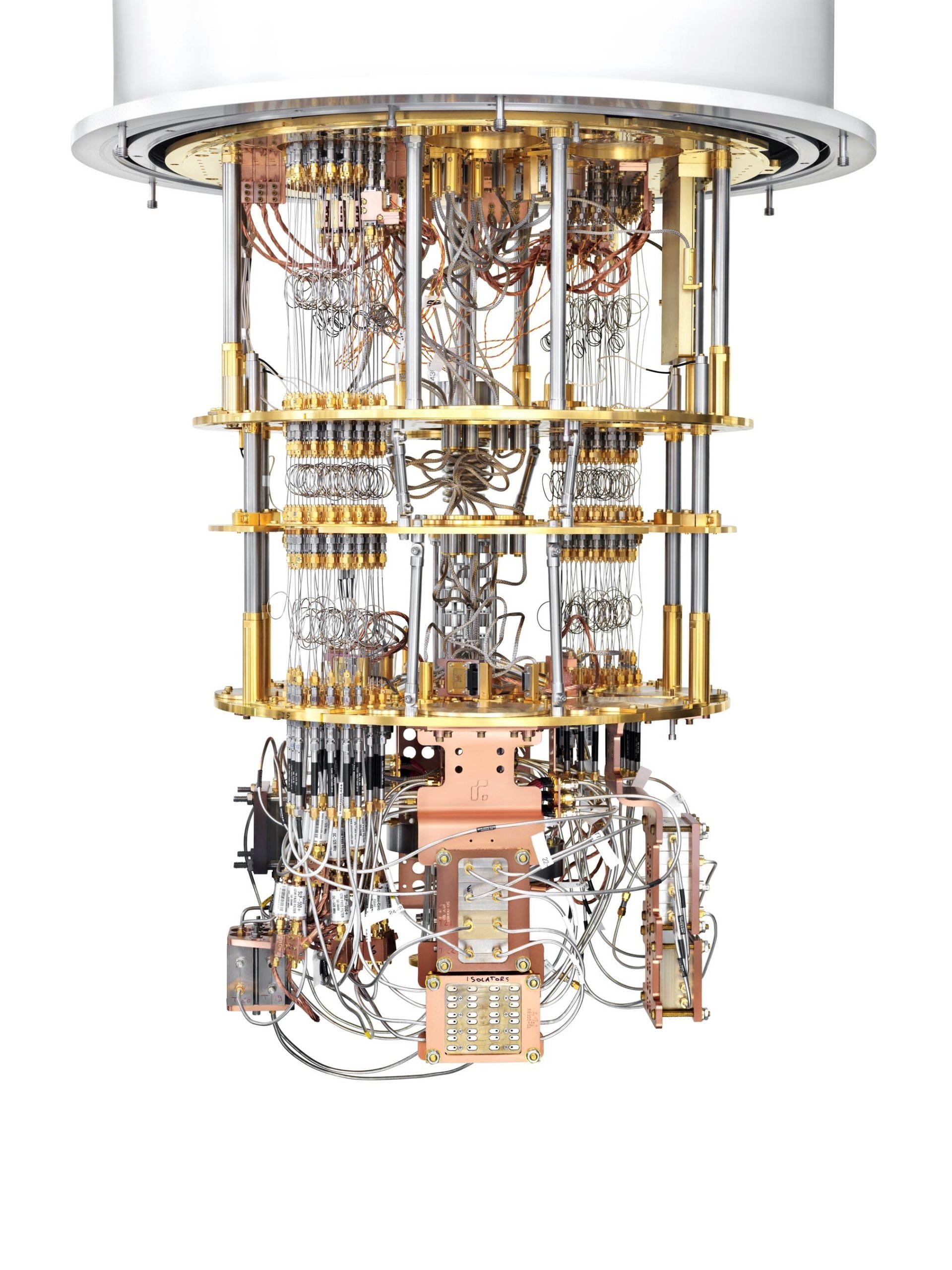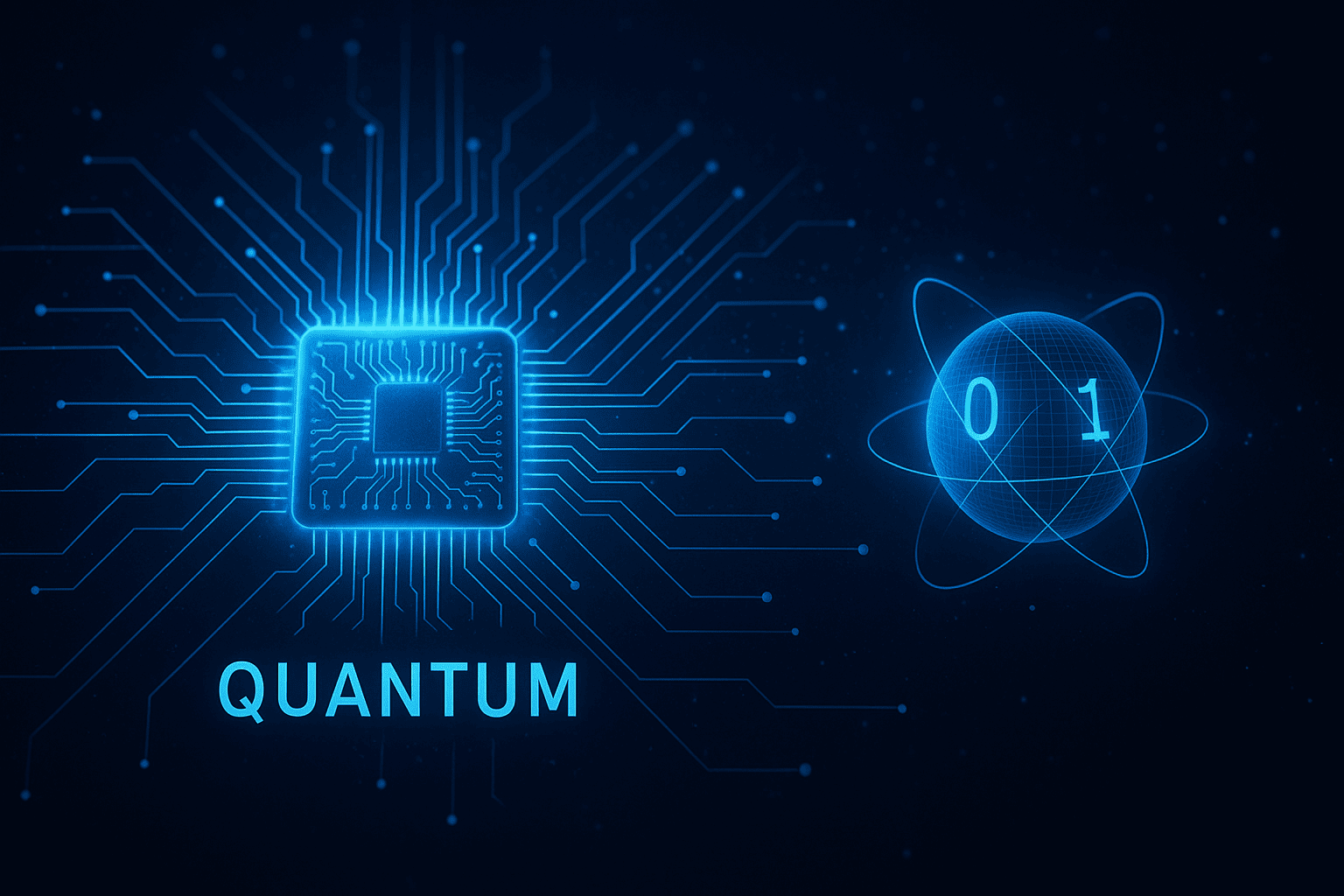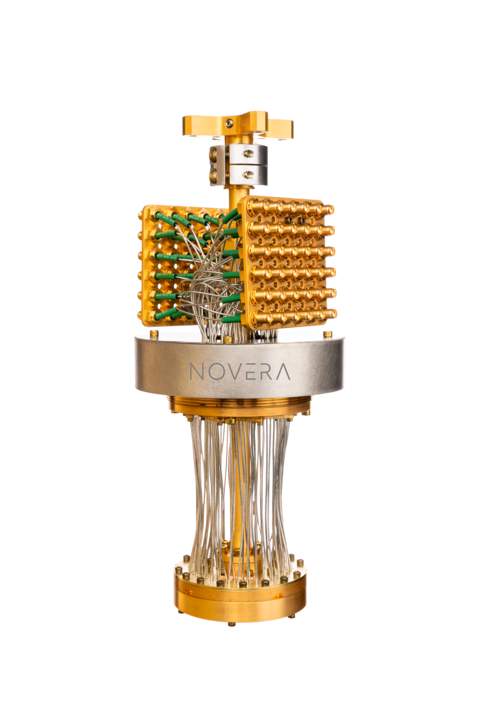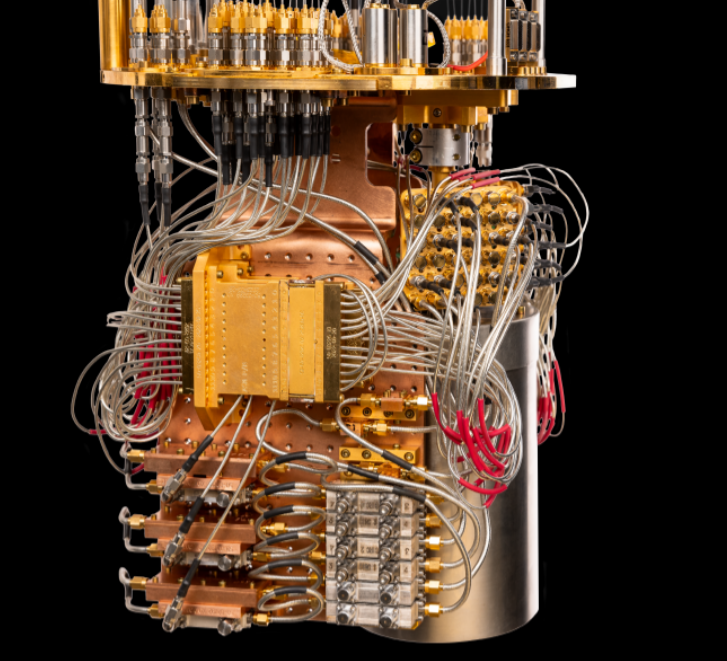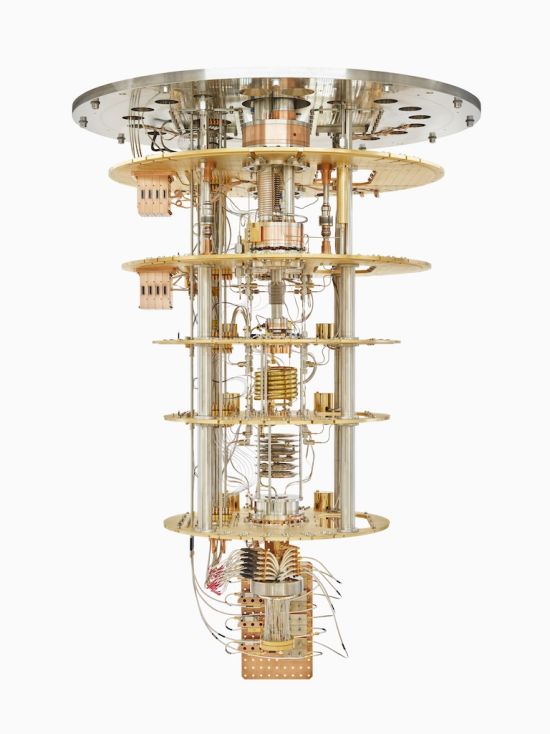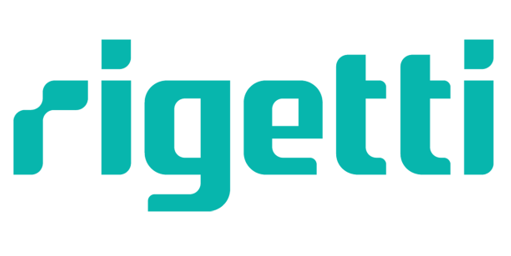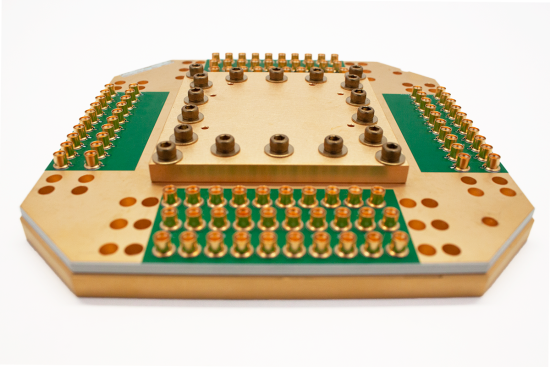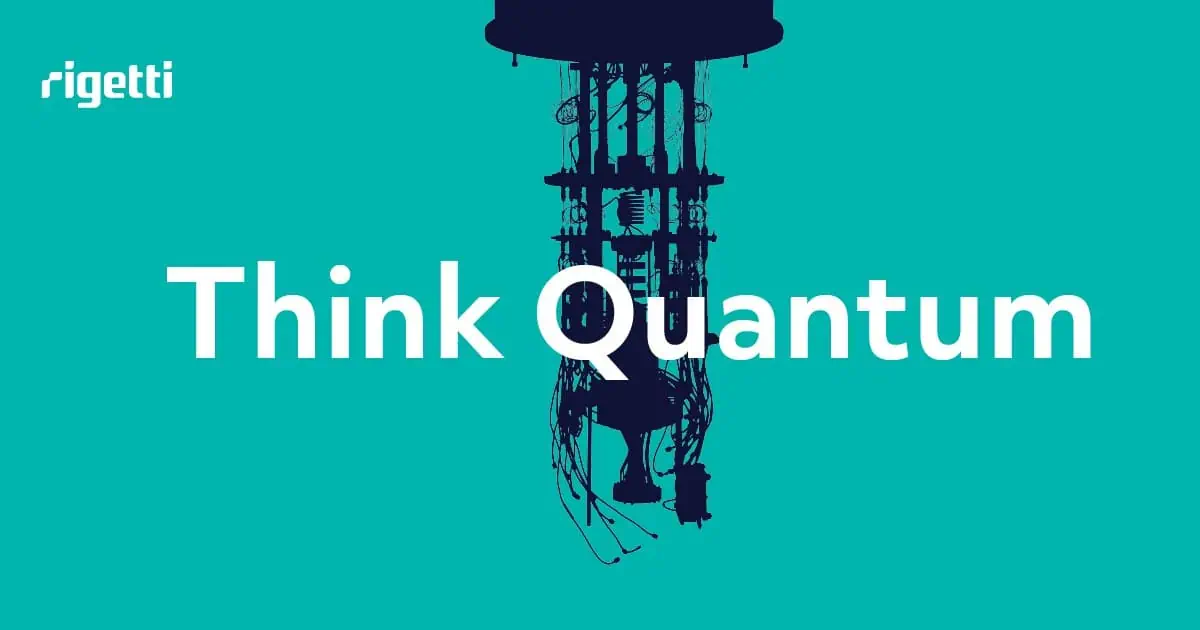Rigetti Announces Public Launch Of Ankaa-3 Quantum Computer.

The race to quantum supremacy has taken another significant stride as Rigetti Computing, a frontrunner in the quantum computing industry, officially announced the public launch of its highly anticipated Ankaa-3 quantum computer. This marks a pivotal moment, not only for Rigetti but for the broader scientific community eagerly awaiting the practical applications of quantum technology.
The Ankaa-3 system represents a leap forward, but can the increased qubit count and architectural refinements truly deliver the performance necessary to tackle problems beyond the reach of classical computers?
Ankaa-3: A Deep Dive into the Architecture
The Ankaa-3 system is a 33-qubit superconducting quantum computer built upon Rigetti's established architecture. It features a new, more compact design aimed at improved connectivity and coherence times, crucial factors in quantum computation.
The Ankaa-3 incorporates several key enhancements over its predecessors, including improved qubit control and reduced crosstalk. These advancements are designed to mitigate errors, a persistent challenge in quantum computing.
Rigetti has emphasized the system's improved "tunability", allowing researchers to more precisely calibrate and optimize the quantum gates that perform computations.
Technical Specifications and Performance Targets
The Ankaa-3 boasts an average single-qubit gate fidelity of over 99%, a critical metric reflecting the accuracy of individual qubit operations. Furthermore, the company claims a two-qubit gate fidelity exceeding 97.5%, indicative of the system's ability to perform complex calculations.
These fidelity levels are essential for implementing quantum algorithms of significant depth and complexity, paving the way for practical applications.
Rigetti has also focused on enhancing the coherence times of the qubits, which refers to the duration a qubit can maintain its quantum state before decoherence (loss of quantum information) occurs.
Accessibility and Cloud Integration
The Ankaa-3 system is now available to researchers and developers through Rigetti's Quantum Cloud Services (QCS) platform. This cloud-based access model democratizes access to cutting-edge quantum hardware.
Rigetti's QCS provides a comprehensive suite of software tools and libraries designed to facilitate the development and execution of quantum algorithms.
Through this platform, users can remotely program and experiment with the Ankaa-3 system, accelerating the exploration of quantum computing applications.
Benefits of Cloud-Based Quantum Computing
Cloud access eliminates the need for researchers to invest in and maintain their own expensive quantum hardware. This significantly lowers the barrier to entry for individuals and organizations interested in exploring quantum computing.
Cloud platforms also provide access to a wider range of resources, including pre-built quantum algorithms and software development kits. This streamlines the development process and accelerates research efforts.
Furthermore, cloud-based systems offer scalability and flexibility, allowing users to adapt their computing resources to meet their evolving needs.
Potential Applications and Industry Impact
Rigetti envisions the Ankaa-3 system as a valuable tool for addressing complex problems across a wide range of industries, including drug discovery, materials science, and financial modeling. Quantum computing holds the potential to revolutionize these fields by enabling the simulation of complex systems and the optimization of intricate processes.
For example, in drug discovery, quantum computers could be used to simulate molecular interactions and accelerate the identification of promising drug candidates.
In materials science, quantum simulations could aid in the design of new materials with enhanced properties. In the financial sector, quantum algorithms could be employed to optimize investment strategies and improve risk management.
Perspectives from the Quantum Computing Community
"The launch of Ankaa-3 is a positive step forward for the quantum computing field, but it's crucial to remember that we are still in the early stages of development," said Dr. Eleanor Shaw, a leading quantum physicist at the University of California, Berkeley.
"While increased qubit counts and improved fidelities are encouraging, the real challenge lies in developing robust quantum algorithms and error correction techniques," she added.
Some industry analysts caution that the performance of quantum computers is highly dependent on the specific problem being addressed. They believe broad applicability is still years away.
"While the hype surrounding quantum computing is understandable, it's important to maintain realistic expectations," said Mr. David Chen, a technology analyst at Forrester Research. "Quantum computers will likely complement, rather than replace, classical computers in the foreseeable future."
The Road Ahead: Challenges and Opportunities
Despite the advancements represented by Ankaa-3, significant challenges remain in the pursuit of fault-tolerant quantum computing. Error correction remains a major hurdle. Imperfections in qubits and quantum gates can lead to errors that accumulate during computations, rendering results unreliable.
Developing effective error correction codes is essential for building quantum computers that can perform complex calculations with high accuracy. Scaling up the number of qubits while maintaining high fidelity and coherence is another major challenge.
As qubit counts increase, controlling and managing the interactions between them becomes increasingly difficult. However, the ongoing research and development efforts in quantum hardware, algorithms, and error correction offer immense opportunities for progress.
The Ankaa-3 launch underscores the rapid pace of innovation in the field of quantum computing. Rigetti's commitment to improving qubit technology and expanding access to quantum resources through its cloud platform positions them competitively in the race to build a practical quantum computer.
Although the path to quantum supremacy is still long and uncertain, the availability of advanced systems like Ankaa-3 brings that future closer to reality. It fuels the ongoing exploration and application of quantum technologies across various scientific and industrial sectors.



